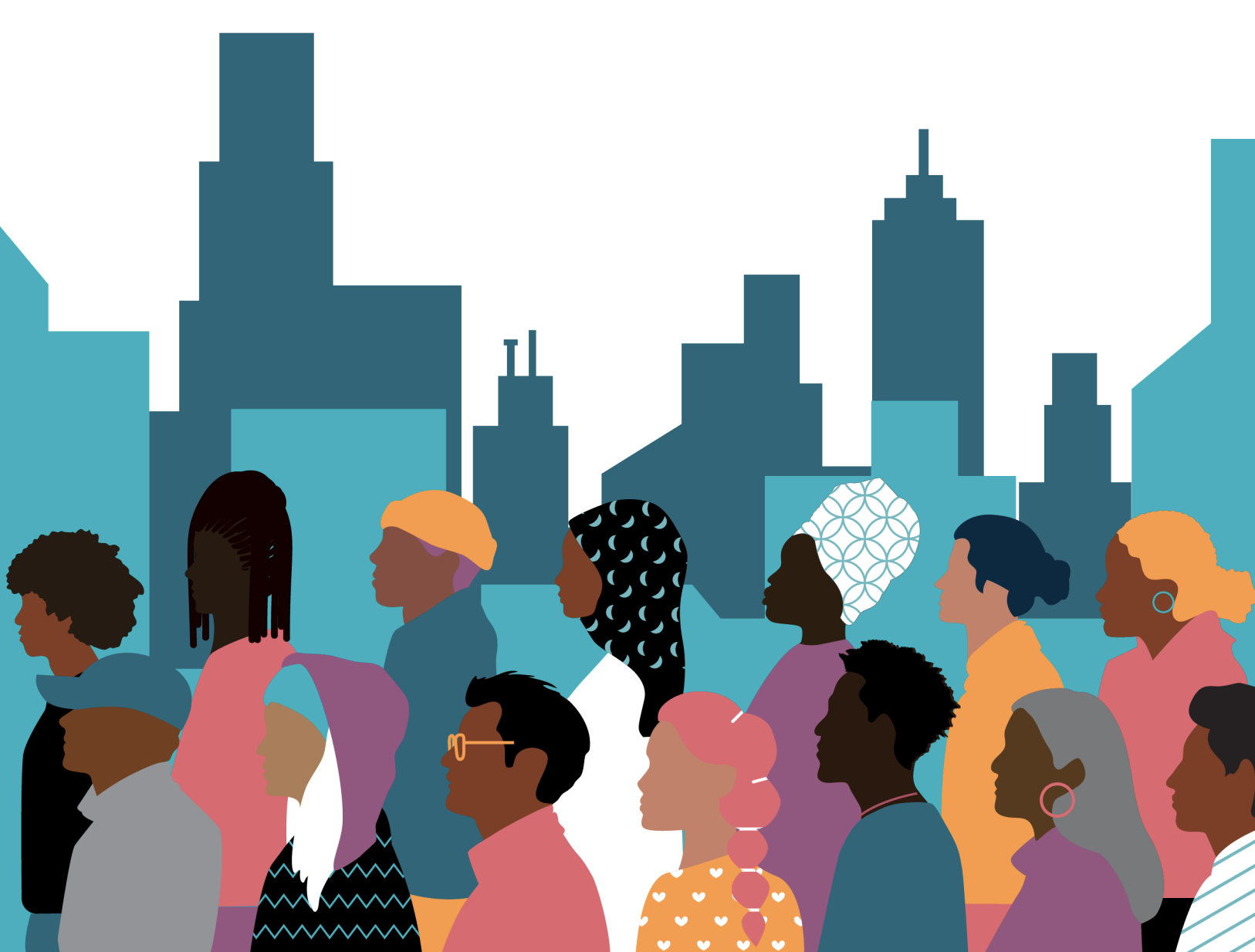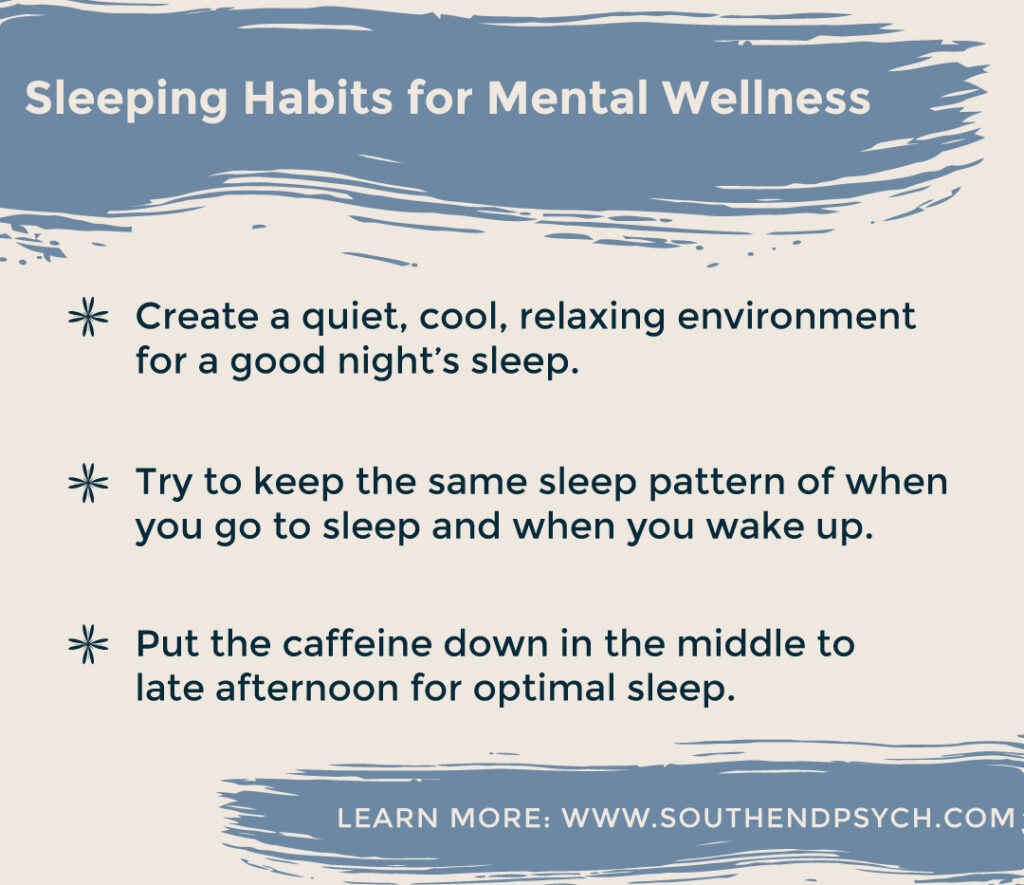July Is Bebe Moore Campbell National Minority Mental Health Awareness Month, Also Known As BIPOC Mental Health Month
This month, we are joining the efforts of Mental Health America’s 2023 BIPOC Mental Health campaign: Culture, Community, & Connection. Our lives are deeply intertwined with our environments, and these surroundings impact our mental health and overall wellness. Black, Indigenous, and people of color (BIPOC) populations are faced with disproportionate amounts of historical trauma and displacement that can challenge their ability to thrive in their environments. However, culture, community, and connection are pillars that support and uplift BIPOC individuals in the face of oppression and systemic racism. Let’s take a look at how we can love and support our fellow brothers and sisters.
Culture.
Black, Indigenous, and people of color (BIPOC) communities have always been at the forefront of social change. Even when displaced, underserved, and oppressed by systems not built for them, there have always and will always be ways that individuals find connection with one another and embrace traditions.
The cultures of BIPOC communities are born from the richness of ancestral wisdom, survival practices, and support systems that have not only sustained life but allowed it to thrive and bloom in even the most hostile of environments. BIPOC communities look out for one another and ensure survival, and in cultural hubs, BIPOC communities remind their loved ones of cultural practices that may have otherwise been forgotten.
It is through Moore Campbell’s devotion to the mental health of minoritized communities that we are able to celebrate each July and continue to build a better future for individuals of all backgrounds.
Throughout her work, Moore Cambell did not shy away from the realities of what it meant to live as a Black person in America. Her book, “Your Blues Ain’t Like Mine,” was inspired by the murder of Emmett Till and deemed as one of the most influential books of 1992 by The New York Times. Moore Cambell continued to write of real events that impacted Black and marginalized communities, such as her work in “Brothers and Sisters,” which takes place in Los Angeles following the Rodney King riots. By highlighting these issues, Moore Cambell brought themes of environmental impact, race, and community connections to the forefront of American literature.
Community.
Our lives are deeply intertwined with the environments around us. Who and what we are surrounded by impacts our mental health and overall wellness. In particular, Black, Indigenous, and people of color (BIPOC) populations are faced with disproportionate amounts of historical trauma and displacement that have challenged how these communities remain sustainable and continue to thrive. Despite countless attempts to take away power, erase histories, and diminish future successes, BIPOC communities continue to prosper.
BIPOC communities have been powerful, unyielding, and revolutionary in combating these attempts to diminish their worth and value. In addition, historically, the mental health narrative around BIPOC communities has been defined by disparities, trauma, and oppression – but what could BIPOC stories and lives look like if the narrative was changed? Imagine a narrative that instead uplifted and accepted community-created systems of support as fundamental cornerstones connecting one another and providing a safe haven.
BIPOC communities throughout history have carved out systems of support in order to sustain collective wellbeing. These systems have centered around community and connection, deeply rooted in sustained cultural traditions, language, stories, food, art, and more. Community has been an anchor, allowing connection in a world that is seeking to ostracize and isolate. It is the power of community that has brought forth movements and social change, health and wellness, knowledge, and strength.
Connection.
When we reach out for help, we not only begin to heal ourselves, but we heal our communities. If trauma and displacement have been illnesses, then connection is our medicine. Connection allows us to be known and to know others. We can lean on one another. We can support each other and get support in return. We challenge each other to be better. We challenge each other to keep going.
No one knows a community better than those within the community itself. In order to move toward a more mentally healthy future, community-led action must be prioritized and sustained. There is power in numbers. When individuals get together to unite under a common goal, they increase their chances of enacting change that could promote overall wellness, a sense of purpose, and connection.
Connection to others may exist either in person, in virtual spaces, or through other means of communication. Recognize that “community” can be more than in-person support and can especially be impactful for those who may be physically isolated from others in their culture. Prioritize access for all when advocating for mentally healthy environments. Strong community support requires an overall understanding that every person is deserving of a healthy environment and has a role in the wellness of those around them.
We hope you choose to help support and raise awareness for the well-being of our BIPOC community.
Southend Psychiatry is here as you navigate this journey. We can come alongside you to offer support and help. Contact Southend Psych today to inquire about appointment availability and get on your way to a better you.
Southend Psychiatry
Schedule your appointment today with one of our SouthEnd Psychiatry clinicians. Book your appointment online or call 1-800-632-7969 to get started today.













